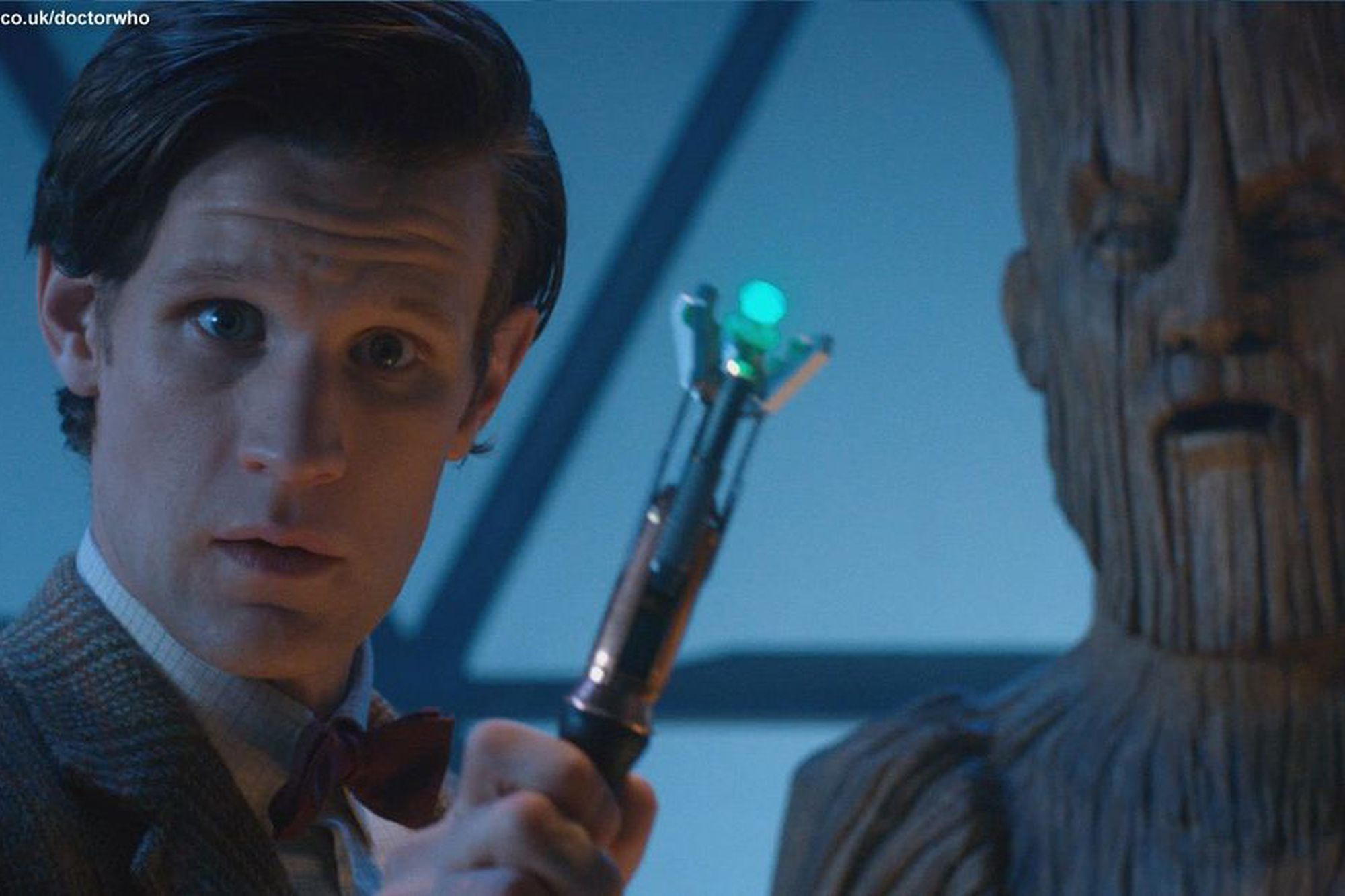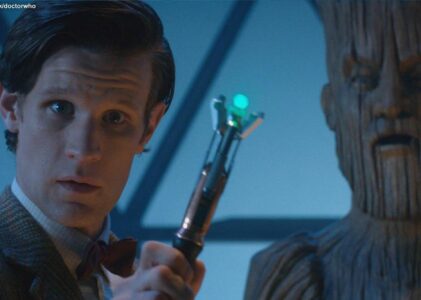At this point in the 21st century, occultism is stuck in the mud and mainly going nowhere. In many respects, it has not evolved since the 20th century and has even gone backwards in some areas.
When we review the history of magic, we see evident changes in approach at different periods. The last of these tremendous magical periods saw the flowering of quasi-masonic esoteric orders, which essentially repackaged earlier Christian-based magical technology. It added a science of initiation that was elaborate but made sense and placed magic within a spiritual context. Rather than doing magic to curse someone or make money, the magician sought spiritual goals — often expressed using kabbalistic terms.
In the 1940s, there was a move towards more inner-based magical practices emphasised by people like Dion Fortune and carried on by her successors. Still, this work was less innovative and had more specialisations of work. For example, the Golden Dawn extensively used inner work, but it was part of a broader pattern of initiation-based magic. It is possible to argue that Fortune and her followers played down the initiatory system in favour of inner work. Another problem for magic was the introduction of new thought ideas that ultimately went nowhere.
With the rise of the internet, one would expect a radical shift in the development of new magical approaches. Modern magicians have access to more authentic magical material than our predecessors and yet appear stuck with literal interpretations of poorly understood formulas.
Part of the issue comes from pre-internet 1980s textbooks on magic which presented information as legitimate approaches to the totality of magic. They were written by psychologists (or worse, NLP “experts”) and had ideas projected onto magic which should not be there. From this era, we get the idea that we must perform banishing rituals to remove problems from our lives and “middle pillars” to perform alchemy on our auras. These concepts were not part of the Golden Dawn, just appropriated from it incorrectly by those who did not know the initiation technology upon which it is based. Emerging from this period is the concept that magic can be boiled down to a technique “which works for the user.”
These are half-truths and effectively divert students away from making actual magical developments.
While I am starting to see that an effective re-emergence of magical orders is unlikely, I am also seeing students finding nothing which can take its place. Without orders to provide the map, it is necessary to return to the pre-order days of books and teachers. However, the thought structure which created great magicians born from this method is no longer with us.
Religion and Philosophy
Unlike its 19th and 20th-century flavour, modern magic has no philosophy to provide it with a backbone. Philosophy has been parallel, but most magicians were well-versed in philosophy. It allowed them to test ideas for magical techniques and discount those too silly for words. I find it amusing that modern magicians will fight to claim that they are real neo-platonic magicians but have not read Plato or Iamblichus.
One good thing is that the rules of their monotheistic religion no longer bind modern magicians. Even if they follow an established religion, they can tweak it to fit their beliefs. But except for Wicca, magicians rarely attempt to establish a personal occult-based religion. Most stick to Kabbalah, which, unfortunately, will lead them to Christianity or Judaism. Alistair Crowley had a stab at it by repackaging fundamentalist Christianity into Thelema. It would have been fine if he had not expected others to follow it, and the result was to create a priesthood which abuses women instead of altar boys.
The lack of a philosophical or religious backbone is one of the key reasons why magic fails. It is all very well arguing about the ingredients of a Key of Solomon magic circle, but if you have never learnt the Platonic idea of forms, you will miss the point. If you not have got a personal, flexible approach to approaching a “higher being”, then magic has no spiritual point other than personal development or trying to win the lottery. This flexible approach can be seen in John Dee’s magical system which, while being Christian, was about as heretical as you could get for the time. This religion does not demand faith or see anyone else as an authority; it is just what you think.
Teachers and writers
Modern magic lacks a good perception of teachers. This is primarily because of the problems that arose from 20th-century cults where cult leaders abused their position over students. But now it has reached the point that students do not trust teachers or their books (in fact, some students mistreat their teachers and think it is ok to pirate their books). This creates a skills gap where those trained and have magical experience do not pass on their information because they cannot be bothered by the trouble and abuse it causes. A good teacher will push you to the limits and tell you the truth about your progress. They will back off, let you make your mistakes, and try to avoid saying, “I told you so” when you mess up.
They might need a small amount of support for taking time out of their spiritual path to help a student. Sometimes this is cash, other times it might be a future favour. They never ask for unquestionable obedience and let you move on to other teachers when asked. BTW occult books have never made anyone any money (you are lucky to get about a dollar a book and sell more than 1500) and most modern named occult writers have died broke.
A creative approach
If magic survives past this century, it will not be the magic we have now. It will not be based on a literal interpretation of the Key of Solomon, Abramelin, PGM or anything like that. It will be a creative, hybridised way of seeing the universe. Magic will feature techniques from the past, but this will not be the main course — will be a way of getting to the main course. It will fuse outer and inner techniques.
Most importantly, it will be different and built for 21st and 22nd-century minds.

